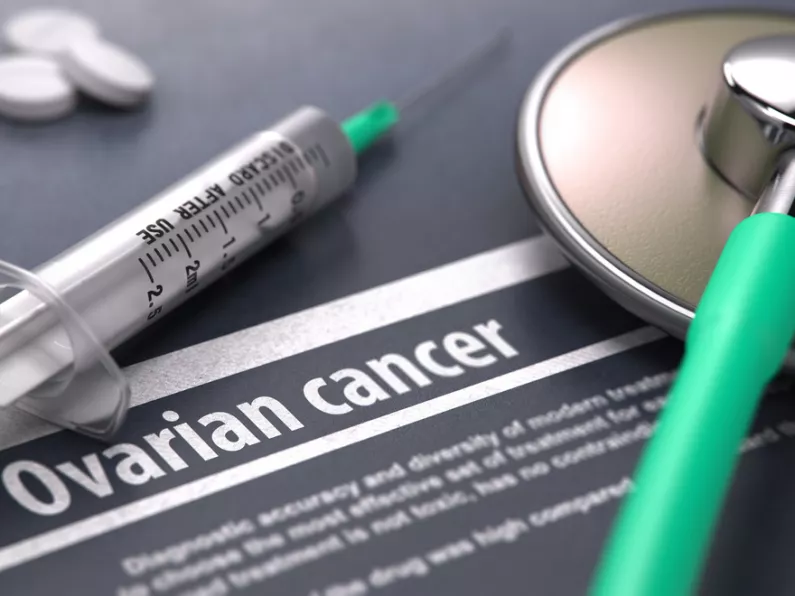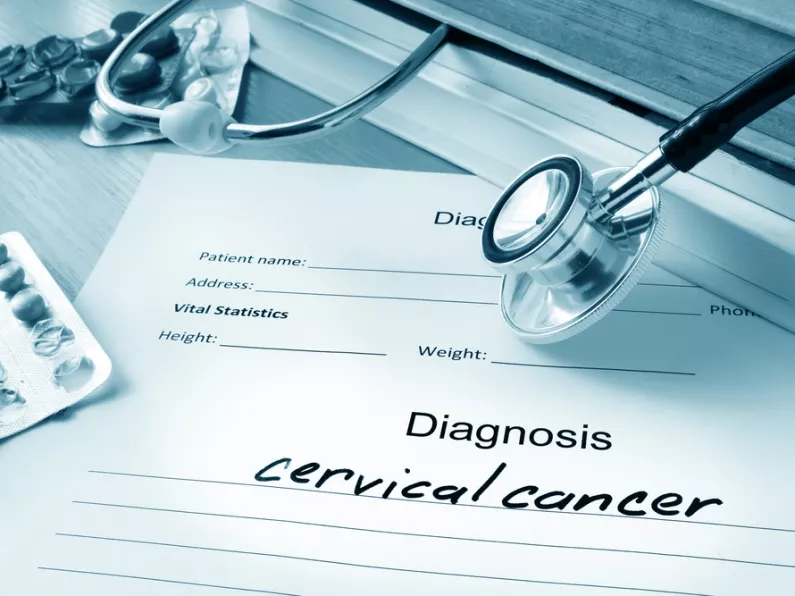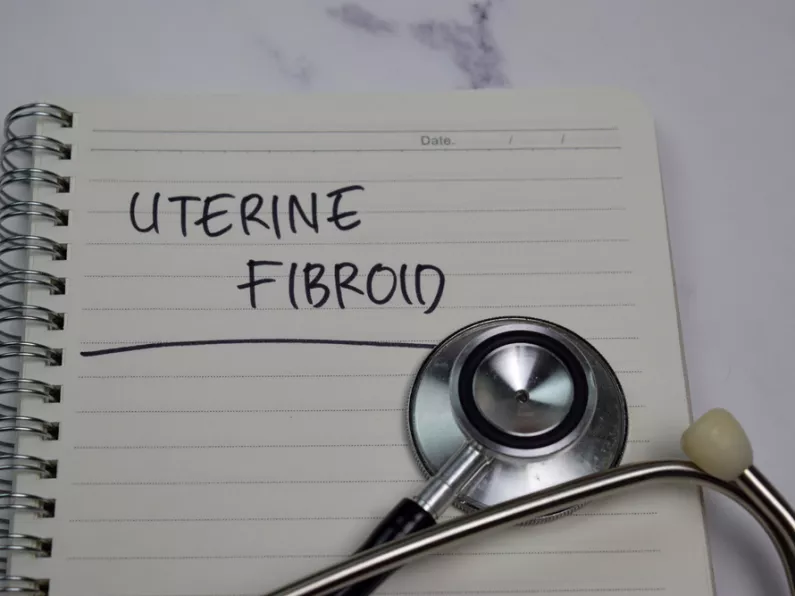By 2040, the number of women around the world diagnosed with ovarian cancer will rise almost 42% to 445,721. That's why it's vital that you know the signs and symptoms.
The number of women dying from ovarian cancer each year is projected to increase to 313,617, a more than 50% increase from 2020.
But knowing the symptoms to look out for and early detection can save lives.

Ovarian cancer: Signs and symptoms
These are common symptoms of ovarian cancer, but it's important to note that these symptoms can also indicate other less serious conditions.
- Bloating
- Feeling full quickly
- Abdominal and/or pelvic pain
- A need to pee frequently or urgently
- Vague indigestion or nausea.
Other less common symptoms include:
- Changes in bowel habits
- Irregular periods or bleeding after menopause
- Pain during sex
- Abnormal vaginal discharge or bleeding (rare)
- Extreme fatigue
- Unexplained weight loss.
However, the World Ovarian Cancer Coalition Every Woman Study™, which is based on the findings of a survey of over 1,500 women living with ovarian cancer worldwide, found that nine in 10 women experienced multiple symptoms prior to diagnosis irrespective of the stage of diagnosis or type of ovarian cancer.
Alarmingly, our Study also found that over two-thirds of women had not heard of ovarian cancer, or knew anything about it, prior to their diagnosis.
Who's at risk?
Anyone born with ovaries is at risk from ovarian cancer, but there are risk factors that can increase your risk of developing the disease.
These include:
- Reproductive history: If you have no children or have your first child after the age of 35, your risk is higher. Breastfeeding may lower a woman’s risk of developing ovarian cancer. Taking the oral contraceptive pill may also reduce a woman’s risk of developing ovarian cancer. Research has shown that the longer you take the pill, the more your risk is thought to come down.
- Age: Ovarian cancer usually affects women who have been through the menopause.
- Family history of cancer: If you have two or more close relatives (mother, sister or daughter) who have had ovarian cancer or breast cancer, you may be at a higher risk of the disease. Having relatives with ovarian cancer does not necessarily mean that you have a faulty inherited gene in the family. Faulty genes can lead to ovarian cancer in a very small number of women - about 5-10%. These include the genes BRCA1 and BRCA2. BRCA1 and BRCA2 are also linked to the development of breast cancer.
- Endometriosis: Your risk might be higher if you have endometriosis.
Detection and screening
There is no routine, simple screening test to accurately detect ovarian cancer.
Contrary to popular belief, cervical screening (i.e. a Pap smear) will not detect ovarian cancer.
While cervical screening is effective in early detection of cervical cancer, it is not a test for ovarian cancer.
Because there is no routine ovarian cancer screening test, it is important to be aware of the disease and its symptoms.
If you have signs and symptoms of ovarian cancer, speak to your doctor. The pathway to diagnosis includes:
- Pelvic exam
- Transvaginal or pelvic ultrasound
- CA-125 blood test
In some cases, doctors may also use a CT scan or PET scan as part of the diagnostic process.
The only definitive way to determine if a patient has ovarian cancer is through a biopsy.







